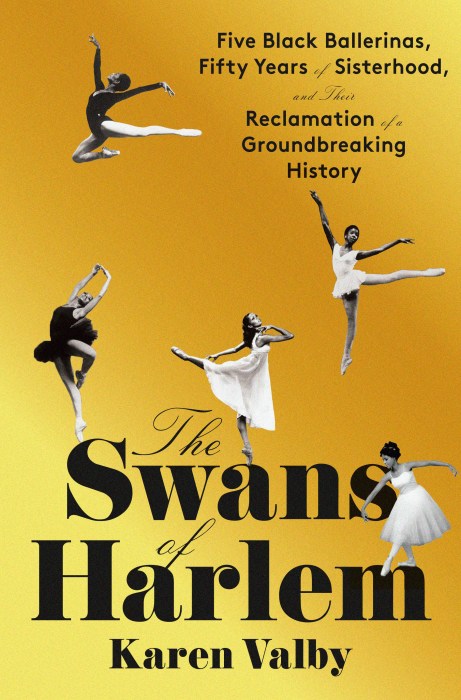 One of the crazier sights in “The Act of Killing,” screening at the latest New Directors/New Films
One of the crazier sights in “The Act of Killing,” screening at the latest New Directors/New Films
Credit: Joshua Oppenheimer
Emerging — or sometimes only semi-recently established — talent are the bread and butter of “New Directors/New Films,” the series that presents tomorrow’s filmmaking greats, now in its 42nd year. Films from all over the world appear in its latest iteration, at the Lincoln Center and the Museum of Modern Art, with sights ranging from on-the-loose raccoons to graphic murders recreated by old men. Click here for the full schedule.
‘The Act of Killing’
In 1965 and 1966, an estimated half a million died in the wake of a failed coup in Indonesia. The surly men who committed some of these graphic murders are still around and, when pressed, not only casually remorseless but boastful of their bloody handiwork. Director Joshua Oppenheimer skips a conventional approach, instead asking them to recreate their deeds in sometimes outlandish ways, as well as getting them comfortable enough to say some of the least humane sentences ever uttered on film. Going from nightmare to dark comedy and back again, it’s a testament to how when the baddies win, evil simply becomes the norm.
‘A Hijacking’
Tobias Lindholm’s eerily calm hostage drama, culled form an actual case, takes an unsexy look at a hostage situation, methodically telling of a cargo ship seized by pirates. “This could last a month, or a year,” says the pirates’ affable negotiator, and though that estimation may initially sound like hyperbole, it proves not too far off. Lindholm juxtaposes between the increasingly grimy, urine-soaked ship and the existentialist white offices of the corporation, where its robotic CEO slowly malfunctions. Emotions, says one character, lead to mistakes, and this one fumbles only on the few times it goes for anything but the facts.
‘Leones’
Cinematographer Matias Mesa apprenticed on Gus Van Sant’s “Gerry” and “Elephant,” and he works similar wonders on Jazmin Lopez’s debut. His camera stalks, in gliding long takes, a quintet of bored Argentine teens wandering through a forest. Are they lost? What’s with the gash on the one girl’s neck? And will the gun they’ve procured ever go off? As with other ND/NFers (like “Upstream Color” and “Viola”), its crypticism is more playful than impenetrable and, thanks to Mesa, the film is never not arresting — even though, or because, it so rarely lets you in.
‘Tower’
Canadian Kazik Radwanski’s contribution to the “biggest loser” genre (see also: Todd Solondz’s “Dark Horse”) boasts a single novel twist: its balding, thirtysomething deadbeat — who lives with his parents, works construction with his uncle and will probably not become a star animator — is actually reasonably social. He’s not great at it, mind, but the fact that he’s trying, and even briefly has a girlfriend (whom he’s not that into) softens the relentless parade of humiliations that befall him. Radwanski aims for the nightmarish claustrophobia of Ronald Bronstein’s no-budget “Frownland,” but has to settle for an aloof tone more in keeping with star Derek Bogart, whose quiet, unambitious frustration makes him a grower.
 Shane Carruth and Amy Seimetz star in “Upstream Color”
Shane Carruth and Amy Seimetz star in “Upstream Color”
Credit: erbp
‘Upstream Color’
Shane Carruth’s time travel cult monster “Primer” is often mistreated as a mere puzzle. The same has already happened to his belated follow-up, which makes even less sense. Carruth and Amy Seimetz play victims of a violent unknown event, which has something or other to do with inchworms and pigs. What follows makes a kind of sense while it flickers in front of you, even if it’s impossible to summarize after. But even amidst the confusion there emerges a potent and weirdly gutting depiction of conjoined insanity borne out of shared trauma, with characters struggling, like the audience, to grasp onto what’s going on. Just as “Primer” worked even if one couldn’t grok its dense storyline — or even because they couldn’t — “Color” can get to you even if you couldn’t for the life of you tell strangers what it’s about.
‘Viola’
Argentina’s much-liked Mattias Pinero’s latest crams a lot into a mere hour: multiple protagonists, interplay between stage and real life, even plot points borrowed from “Twelfth Night.” The narrative starts as a riff on Jacques Rivette, with actors working on Shakespeare, before residing permanently with someone only tentatively related to the “plot.” Its “meaning” can be elusive, but the moment-by-moment pleasures are not.
















